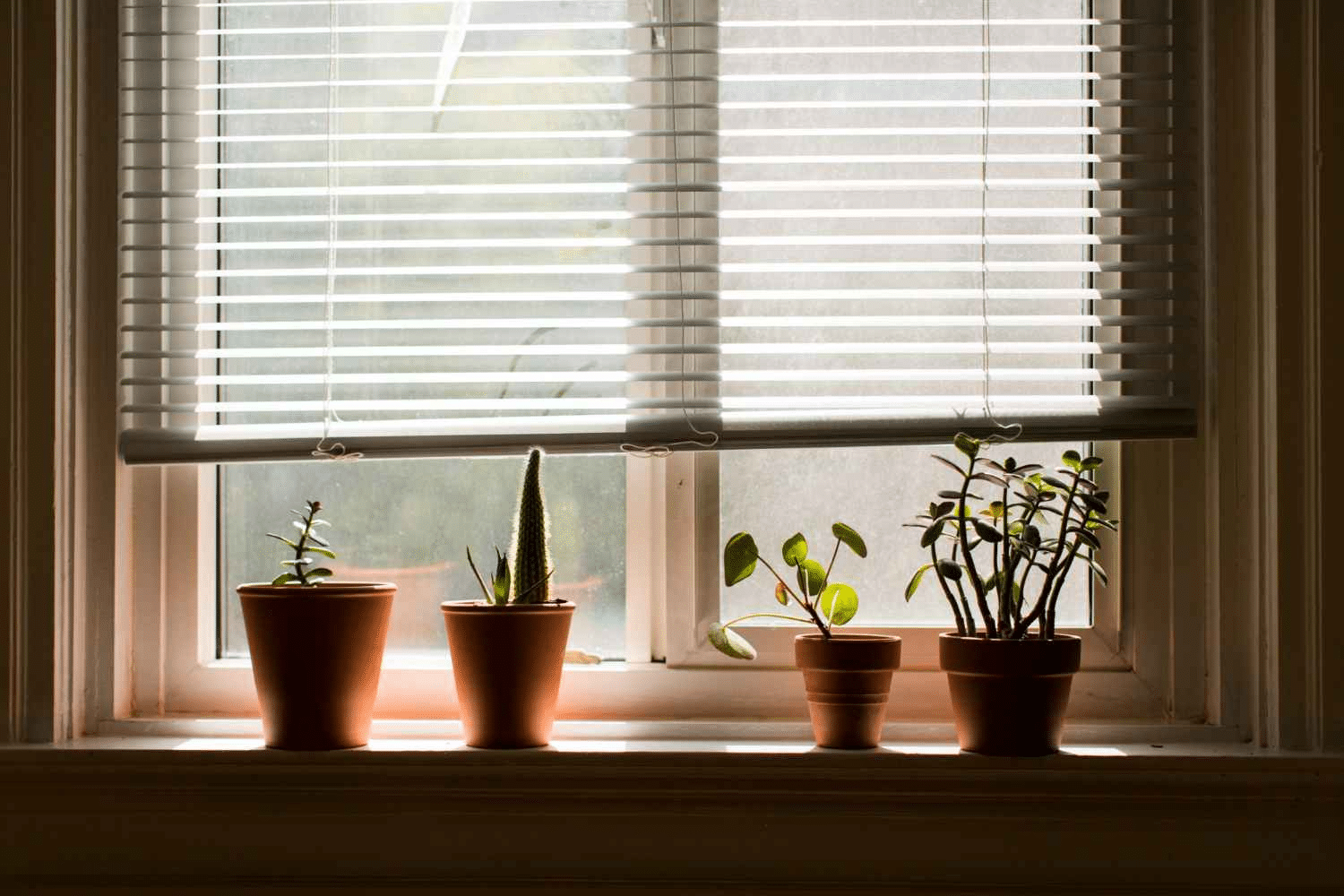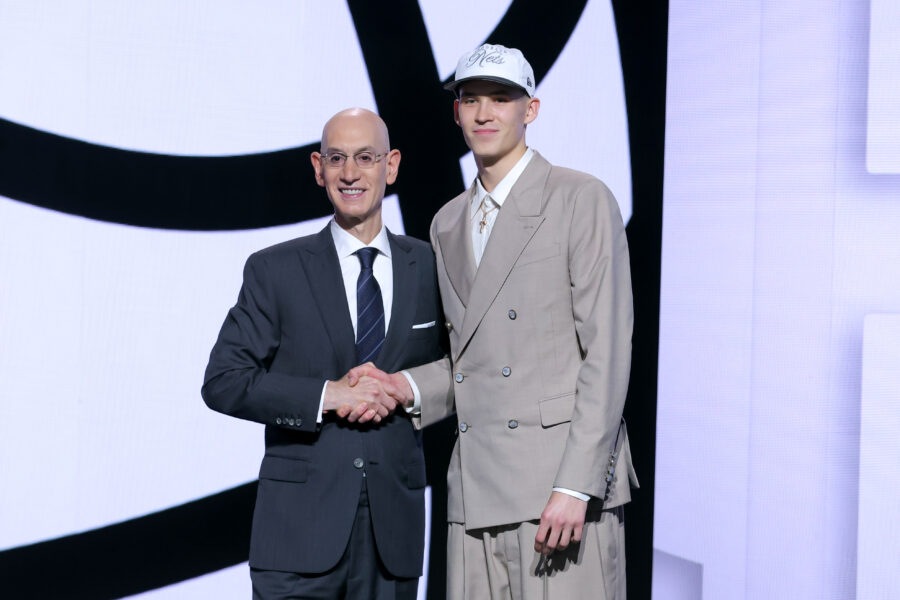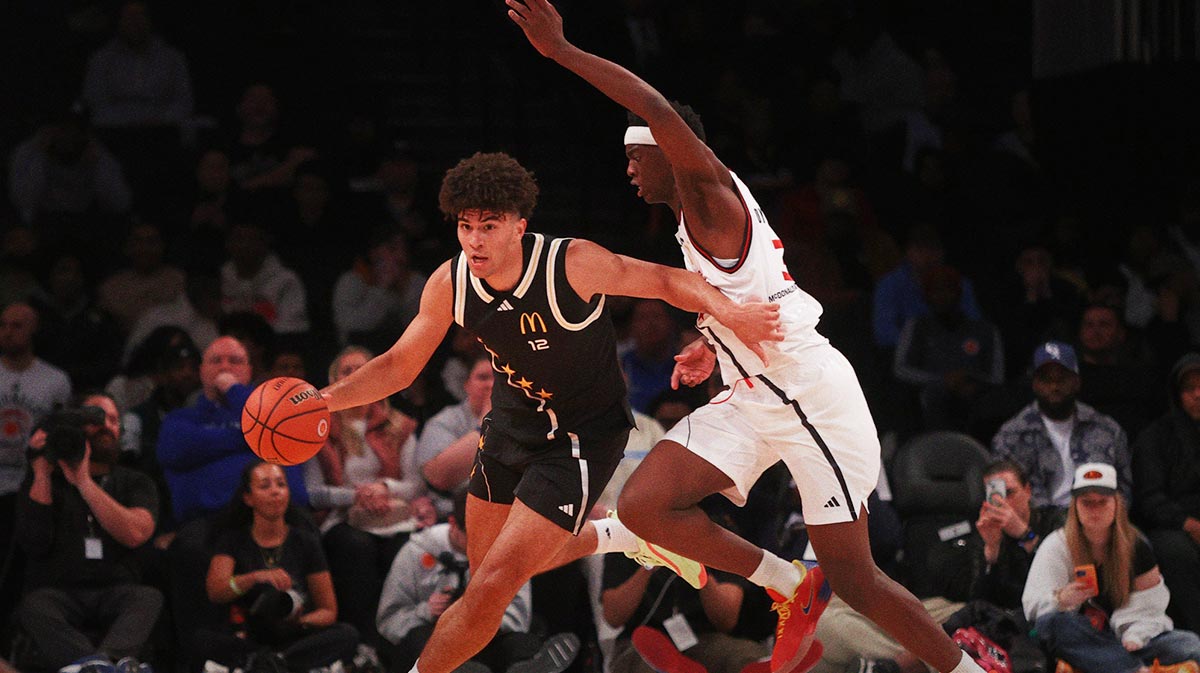The Role of Design Experts in Selecting Custom Blinds in Boston
In the heart of New England, Boston stands as a city where historic architecture meets modern living. The city’s blend of classic brownstones, contemporary condominiums, and vibrant business spaces creates a unique environment for interior design.
Selecting custom blinds requires a keen eye for style and demands an understanding of the city’s distinct climate, diverse architecture, and the lifestyle of its residents. Design experts play a crucial role in this process, ensuring that window treatments are both functional and aesthetically pleasing.
Design experts begin the process of choosing by gaining a thorough understanding of the client’s daily routines and preferences. In Boston, where seasons shift dramatically, residents often seek window treatments that adapt to both cold winters and warm summers.
Professionals consider factors such as family size, work-from-home requirements, and entertaining habits. For example, a family living in a Back Bay townhouse may need blinds that offer privacy from street-level pedestrians while still allowing natural light to fill the space.
Boston’s neighborhoods are known for their architectural diversity, from historic Beacon Hill homes to modern high-rise offices in the Financial District. Professionals evaluate each space to determine how much natural light enters and how it interacts with the room’s layout.
In older buildings, windows that are irregularly shaped or set deep within thick walls require custom solutions. For commercial properties, large glass facades are common, necessitating blinds that manage glare and maintain a professional appearance.
A cohesive interior design is essential in places where many homes and offices reflect a blend of tradition and innovation. Experts ensure that blinds harmonize with existing décor, whether the space features exposed brick, sleek modern finishes, or classic woodwork.
They consider color palettes, textures, and patterns that resonate with the city’s aesthetic sensibilities. For instance, in a South End loft with industrial elements, they might suggest minimalist roller shades that enhance the open, airy feel. In contrast, a traditional home in Jamaica Plain could benefit from fabric blinds that add warmth and softness to the space.
The climate in Boston presents unique challenges, with humid summers and cold winters influencing the selection of materials. Experts guide clients through options such as moisture-resistant synthetic fabrics for bathrooms or insulating cellular shades for drafty windows. They explain the benefits of different mechanisms, including cordless designs for child safety and motorized systems for hard-to-reach windows. For properties exposed to intense sunlight, UV-blocking materials help protect furnishings from fading.

Privacy is a significant concern in densely populated neighborhoods, where homes and offices are frequently situated near busy streets or neighboring buildings. Professionals evaluate sightlines and window placement to suggest blinds that provide the desired level of seclusion without sacrificing natural light.
Top-down, bottom-up designs are popular in areas like the North End, where residents wish to shield interiors from passersby while still enjoying daylight. In office settings, experts recommend solutions that reduce glare on computer screens while maintaining an
Boston’s design trends often reflect its rich history and progressive spirit. Experts stay informed about popular styles, such as the use of sustainable materials or smart home integration, which are increasingly favored in the city. They also account for local climate factors, advising on blinds that improve energy efficiency by reducing heat loss in winter and minimizing heat gain in summer.
For waterfront properties along the Charles River, moisture-resistant options are recommended to withstand humidity. By aligning their recommendations with current trends and environmental considerations, experts help clients purchase that are both stylish and practical for their daily lives.
Precision is necessary when selecting custom blinds, especially in historic properties where window sizes and shapes can vary widely. Experts handle the process from initial measurement to final installation, ensuring a perfect fit. They coordinate with contractors and installers to address any challenges posed by unique window frames or building codes.
Their attention to detail guarantees that blinds operate smoothly and look seamless, which enhances both function and appearance. This comprehensive approach is particularly important in Boston, where maintaining the integrity of historic interiors is often a priority.
The role of design experts in selecting is multifaceted and essential. Their knowledge of the city’s architecture, climate, and lifestyle enables them to provide modified solutions that enhance comfort, privacy, and visual appeal.
By guiding clients through every step, from understanding needs to overseeing installation, these professionals ensure that window treatments are both practical and reflective of the unique character of the city. In a city where tradition meets innovation, the expertise of professionals transforms ordinary spaces into exceptional environments, perfectly suited to the demands of living in Boston.












